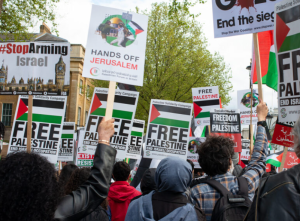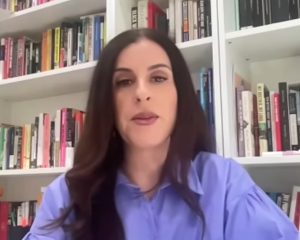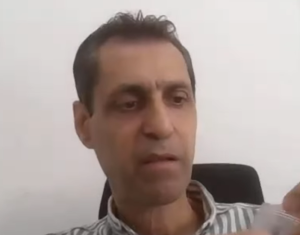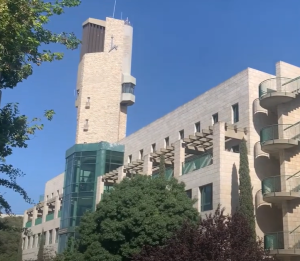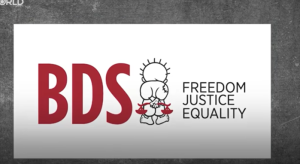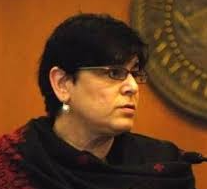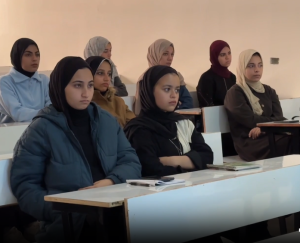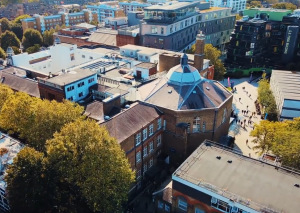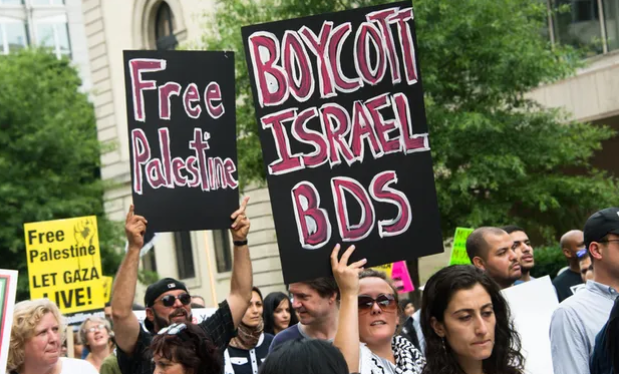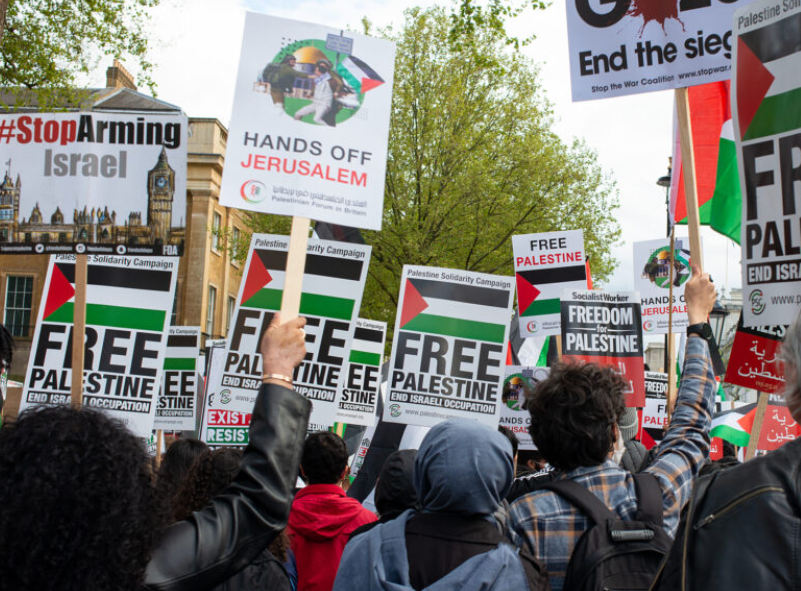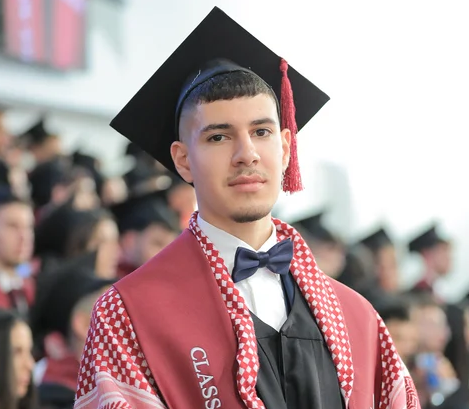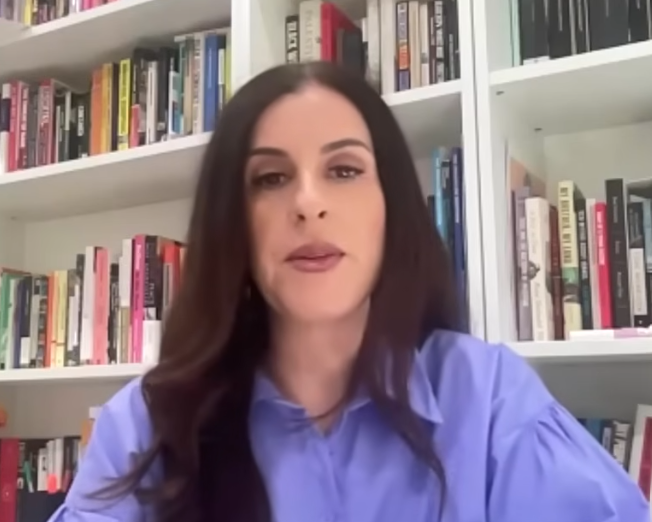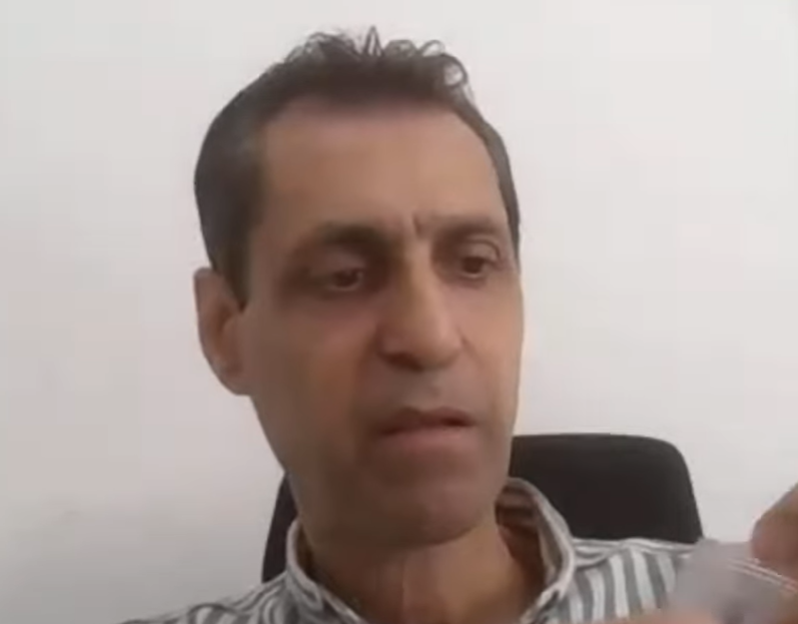30 October 2025
The accelerating scale of the academic boycott is no doubt due mainly to the appalling two-year long genocide in Gaza, but activists have contributed to it by channelling the mounting public outrage into this form of pressure which, as Haaretz reports, is becoming increasingly effective.
Number of Cases of Academic Boycott Against Israeli Researchers Has Tripled Over Last Year
More than 1,000 incidents of academic boycotts have been recorded over the last two years. ‘The government should have defended Israeli science,’ said the President of Tel Aviv University. ‘Despite this, we haven’t gotten any assistance from it’.
Haaretz, by Lior Dattel, October 27, 2025
Over the two years since the war in the Gaza Strip began in October 2023, there have been roughly 1,000 such academic boycotts against Israelis. However, senior academics stated that the situation is now worse than it has been at any previous point over the last two years. Yet, the government isn’t doing anything.
“Research in Israel – one of the country’s strategic assets – is in danger of collapsing,” one said, echoing a concern voiced by many.
Senior academics said their universities are looking into forging alternative ties with lower-level institutions in Eastern Europe and Asia if Israeli research is pushed out of Western Europe. They fear that Israeli researchers may be forced to move overseas if they want to avoid harm to their work and their professional development.
They are also worried about the drop in research funding due to the exclusion of Israeli researchers from overseas projects. “It seems as if there is an organized effort to make Israeli research disappear from the map, but the government isn’t doing anything,” one said.
“We’re in the worst situation, from the standpoint of the academic boycott, that we have been in at any time over the last two years,” added Prof. Ariel Porat, president of Tel Aviv University. “We’re still hoping the situation will improve now that the war has ended, but the hostility toward Israel hasn’t gone away.”
“We saw a rise in the number of academic boycotts even during the period of negotiations over the cease-fire, and even after the war ended,” added Prof. Milette Shamir, Tel Aviv University’s deputy president for international affairs. “In the United States, there are a lot of faculty members who still refuse to maintain working relations with Israeli researchers.”
“And in Europe, the situation is even worse,” she added. “There, the boycott is expanding fast. The main victims are younger researchers. This is long-term damage.”

Prof. Milette Shamir.Credit: Tel Aviv University
Prof. Daniel Chamovitz, who is president of Ben-Gurion University and chairman of the Association of University Heads, said that “colleagues overseas estimated it will take Israel a decade to repair our relationship with European universities.”
Over the last two years, roughly 40 overseas universities have announced that they are ending cooperation with Israeli institutions either completely or partially. Some of these cases stem from decisions by faculty senates rather than university administrations.
To date, the Association of University Heads has recorded more than 1,000 incidents of boycotts by institutions, professional associations, research groups, or individual researchers over the last two years. That is three times the total as of a year ago.
The list of incidents is compiled from reports by Israeli researchers who have encountered refusals to cooperate with them or invite them to conferences, whether by other researchers, universities, research institutes or professional associations; refusals by overseas researchers to come to Israel; the cessation of student exchange programs; refusals to conduct peer reviews; delays in the publication of articles; or antisemitic comments aimed at them.
But in reality, the scope of the problem far exceeds the number of reports. As one senior academic noted, “the universities only count overt statements or actions against Israelis. But the hidden boycott of Israel is much broader.
“Israeli researchers have been badly hurt, especially the younger ones, but people don’t say to their faces that it’s because of the government’s policies or the war,” he continued. “We’ve seen a decline in the scale of research grants from abroad, which stems from the fact that more and more researchers overseas are excluding Israelis from their research.”
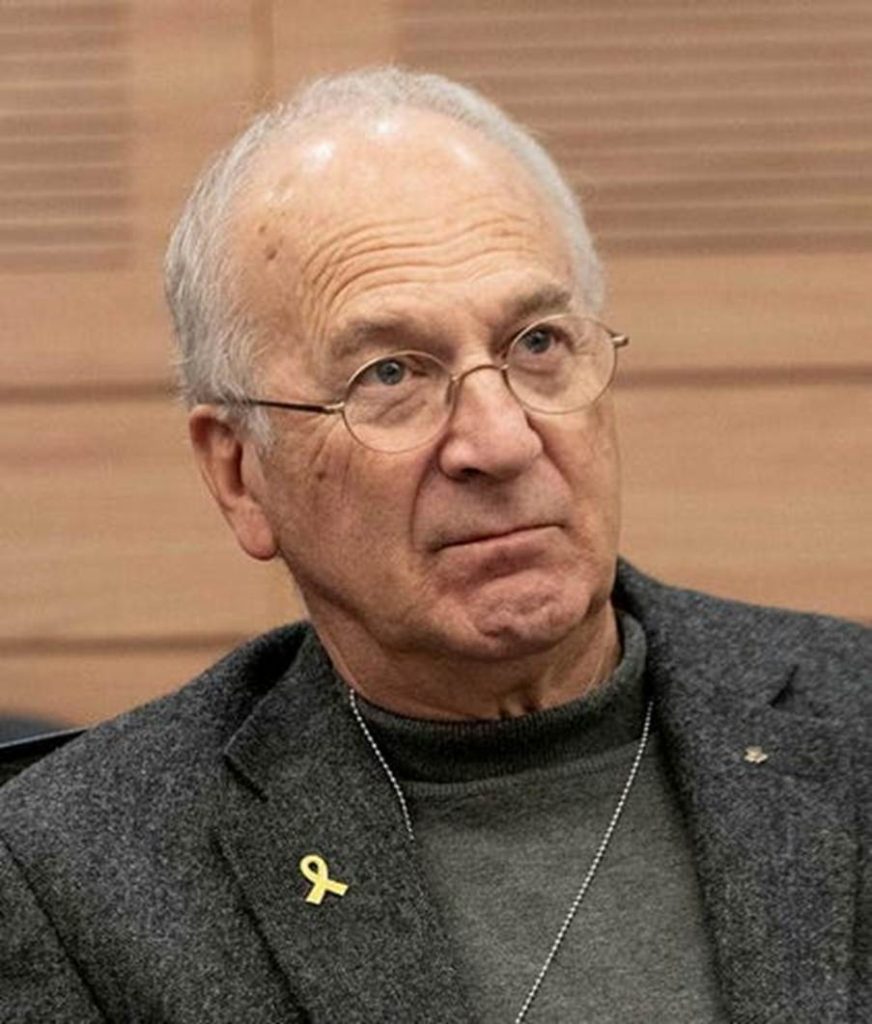
Prof. David Harel.Credit: Naama Grynbaum
Prof. David Harel, president of the Israel Academy of Sciences and Humanities, said that “many of the boycotts have a covert character, and we may never really know how much damage they caused. But they will affect Israeli research funding for years to come.”
‘The government isn’t doing its duty’
In the absence of adequate action by the government, the Association of University Heads in Israel set up an action committee a year and a half ago. The committee’s job is to collect reports of academic boycotts and then try to fight them by hiring overseas lawyers, appealing to universities and professional associations and engaging in public diplomacy.
This activity may have contributed to the European Union’s decision not to oust Israel from its Horizon Europe research program, a vital oxygen line for Israeli research. The committee is headed by Prof. Emmanuel Nahshon, who has formerly served as deputy director of the Foreign Ministry and Israel’s ambassador to Belgium and Luxembourg.
Nevertheless, the action committee employs only a handful of workers and receives no government funding. And it is facing off against massive forces driven by the BDS campaign, faculty unions and student unions throughout Europe.
“The government should have defended Israeli science exactly the way it is supposed to defend other Israeli interests,” Porat said. “Despite this, we haven’t gotten any assistance from it – not funding for legal battles nor a public diplomacy budget.”
“Israel is facing demands by some countries to oust us from the Horizon agreement, and I would have expected that the Foreign Ministry would at least work with European countries to keep Israeli science in Europe and prevent its collapse,” he continued. “Instead, they are settling the score with us over our protests against the judicial overhaul.”
“Universities shouldn’t have to explain to the government why it has an interest in the existence of strong, world-beating science,” Porat added. “We’re talking about damage to the country’s fortitude and security – to everything that makes Israel the Start-Up Nation – due to the harm to research. Unfortunately, the government isn’t doing its duty on this issue, either.”

Students holding a Palestinian flag at a Harvard University graduation ceremony. Credit: Charles Krupa/AP
Another academic said, “We’ve heard from government representatives that they deliberately won’t help us, because we’re leftists.”
According to a report on Israel’s Channel 12 television in August, at a meeting on this issue between senior academics and Foreign Ministry Director General Eden Bar Tal, the latter said, “Academia is left-wing; you’ve brought this on yourselves. You want our help? You’re the guilty parties.” The Foreign Ministry didn’t deny that report, but insisted that it is taking action on the issue.
“One of the arguments at our disposal used to be Israel’s academic freedom, which was considered high by international standards and was as great as that which exists in other countries in Europe,” Chamovitz said. “That helped us ground our legal arguments about Israeli universities’ independence in the face of organizations that claimed we’re an arm of the government.
“But if academic freedom in Israel is undermined, nothing will help us,” he added, referring to the government’s efforts to gain control over the Council for Higher Education.
Israel is one of the most prominent participants in the Horizon Europe research program. That program is the largest research program in the world, with a budget of 95 billion euros for the years 2021 to 2027. But Israeli researchers said the number of Israelis winning research grants from the program has dropped over the past year in comparison to previous years.
In July, the European Commission debated ending Israel’s participation in the prestigious program, but the discussion ended without a decision to do so, thanks to pressure from Germany and Italy.
“It’s impossible to overstate the damage that would be caused to Israel if we were ousted from the Horizon program,” Shamir said. “Israeli science can’t exist on the funding the government allocates.”
Academics said the government doesn’t even take action over extreme cases involving violent incidents on overseas campuses, antisemitic actions and statements or threats against lecturers.

A pro-Palestine near Amsterdam University in 2024. Credit: Ramon van Flymen / ANP / AFP
On October 15, a few days after the cease-fire began and the living hostages came home, the University of Amsterdam informed its faculty that it stood behind a faculty board’s decision to refuse to engage in any future cooperation with Israel.
The university’s deans of the faculty wrote that they had “evidence of genocide” in Gaza and charged that Israel doesn’t obey international law. Moreover, they wrote, Israeli research institutes have ties with the Israeli government, and they can’t rule out the possibility that these ties have contributed to human rights violations in Gaza.
According to a report by the Association of University Heads’ action committee in March, the largest number of boycott incidents reported between October 2024 and February 2025 was in America (70). But since then, there has been a decline in such incidents in America and a rise in Europe.
During that same period, there were 45 incidents in Spain (a rise of 125 percent compared to the period between October 2023 and October 2024), 40 each in Britain and Holland (increases of 60 percent and 100 percent, respectively) and 69 in Belgium (a 50 percent increase). Incidents were also reported in Italy, Canada and other countries.
In other words, more incidents were reported during the first half of the war’s second year than during its entire first year. All of these cases involved overt boycotts.
“We don’t delude ourselves that all the universities that severed ties with Israeli universities will come back to us immediately because the war has ended,” Chamovitz said. “In the meantime, every Israeli university is reexamining its existing ties and looking into forging new ones with other overseas institutions.”

